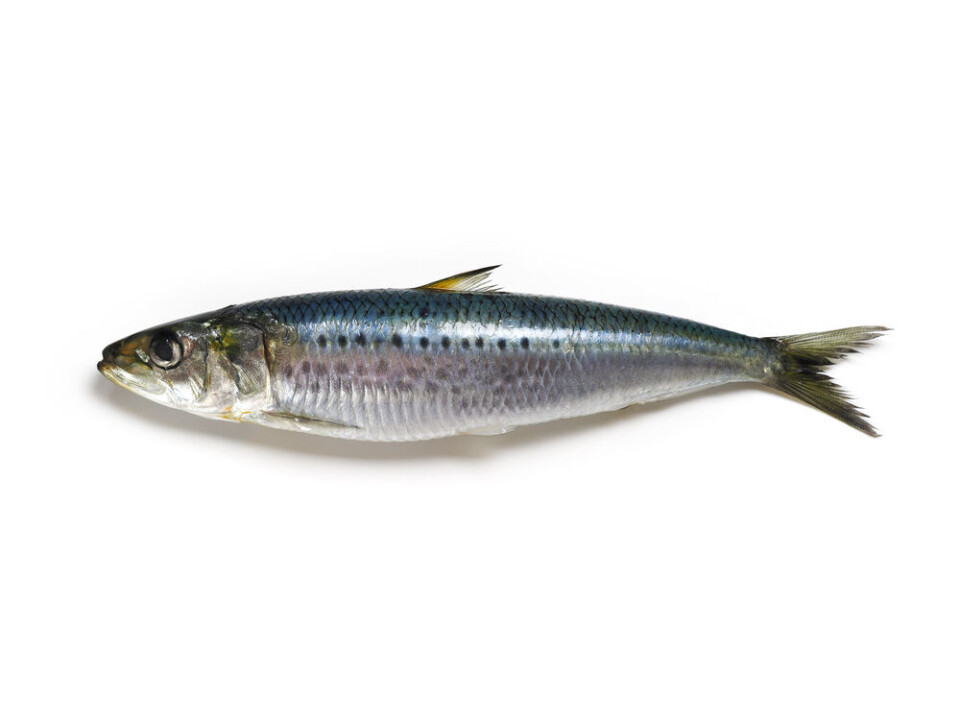-
Learning French: Have you ever dreamt in your target language?
From passive listening to active speaking, dreaming in French can indicate you are regularly practicing it
-
Learning French: what does fastoche mean and when should it be used?
Plus, can you guess the meaning behind more simple slang terms ending in -oche
-
Learning French: when and why do we say montrer patte blanche?
A French fairytale phrase for trustworthiness
C'est la sardine qui a bouché le port de Marseille
Marseille - a ship, a very big sardine - and a stereotype

Did you know that in France the “Marseillais” are stereotyped as grand exaggerators?
You may even hear the phrase “It’s a sardine which has blocked the port of Marseille” - referring to this but we explain how the expression has a real-life origin that has been twisted over time.
The legend is based on true events from 1780, when French prisoners captured by British forces in Pondicherry (now known as Puducherry), India, were being returned to Marseille.
The prisoners were being transported towards Europe in a ship called Le Sartine, named after the French statesman and Minister of the Navy under Louis XVI, Antoine de Sartine.
After ten months of navigation, when they were just off the coast of Gibraltar, the French captain and two other workers on board were killed by British troops on the HMS Romney due to a misunderstanding (the French captain apparently replaced the British flag with a French one on the ship).
The deceased captain’s replacement was somewhat underqualified for the job, however, as, once in Marseille, the Sartine collided with the rocks at the channel marking the entrance to the Vieux-Port, completely blocking off all access to the port.
Whether the event was such a nuisance or so comical that the story quickly made its way around town cannot be ascertained, but over time the ‘t’ in the Sartine became a ‘d’, and the legend that “It’s a sardine which has blocked the port of Marseille” was born, cementing the Marseillais’ reputation as extravagant storytellers.
Related articles
Dans le vent: a French expression you may hear today
Tous azimuts: A French expression you may hear today
Prendre ses jambes à son cou: A French expression you may hear today
























